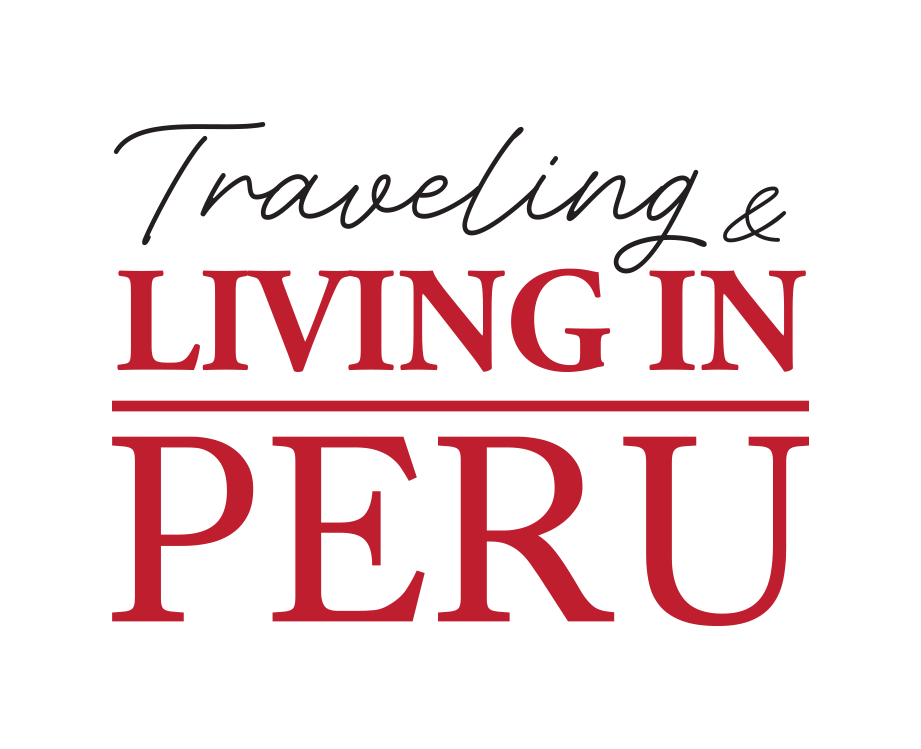Every day, approximately 3,000 Venezuelans cross the Peruvian border, and in many cases, they are unaware of the rights that derive from the legal regulations that the government of Peru has promulgated: The Temporary Permit of Permanence (PTP), a document issued by the National Superintendency of Migration that is valid for 1 year.
Many Venezuelans have fled their country in the last years because of the political, social and economic situation that is lived there, and many of them see Peru as an option for making a living.
Thanks to the PTP, explained La República, Venezuelan migrants are allowed to develop certain activities, within the framework of Peruvian legislation, such as having access to education, health, justice and more fundamental rights; as well as formally working within the territory.
Nevertheless, according to official information, there is a lack of knowledge about the PTP and the vast majority of Venezuelans who arrived in Peru remain in the country with the “tourist migratory quality”, which allows a maximum stay of six months.
“Many of them choose to move, newcomers, to cities such as Cusco, Arequipa, Trujillo, etc., and when they manage to recognize in the PTP an opportunity provided by the State, the authorized term has expired, which makes it impossible for them to stay in our country, since this permit can only be processed in Lima”, wrote La República.
Another important issue, according to this media, is that Venezuelan migrants who first step on Peruvian lands must face a culture different from theirs, and assimilating cultural differences can take time.
“Although we speak the same language, the process of adaptation also becomes a challenge for the Peruvian population, since we have to adapt to this new context, where cultural differences are notoriously very unequal”, they wrote. “That is why the migration phenomenon in Peru, and especially that of Venezuelans, has to be addressed by the State in a serious and responsible manner, which allows due attention and does not neglect or violate the rights of anyone, especially those of children, adolescents and women”, they added.
(Source)
(Cover Photo Archive)
Don’t Miss:
The Group Of Lima Urges To Establish A Humanitarian Channel In Venezuela
Venezuelan And Colombian Women Were Promised Work In Lima But Fell Into A Human Trafficking Network
Venezuelans In Peru Represent 1.2% Of The Economically Active Population

